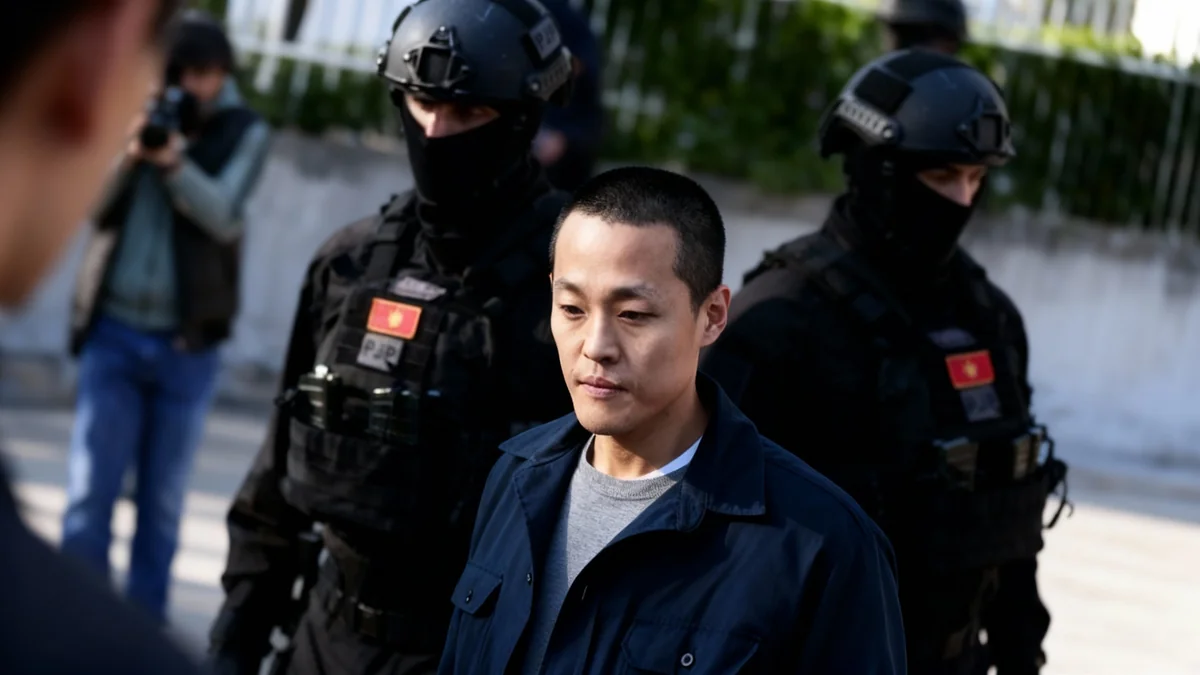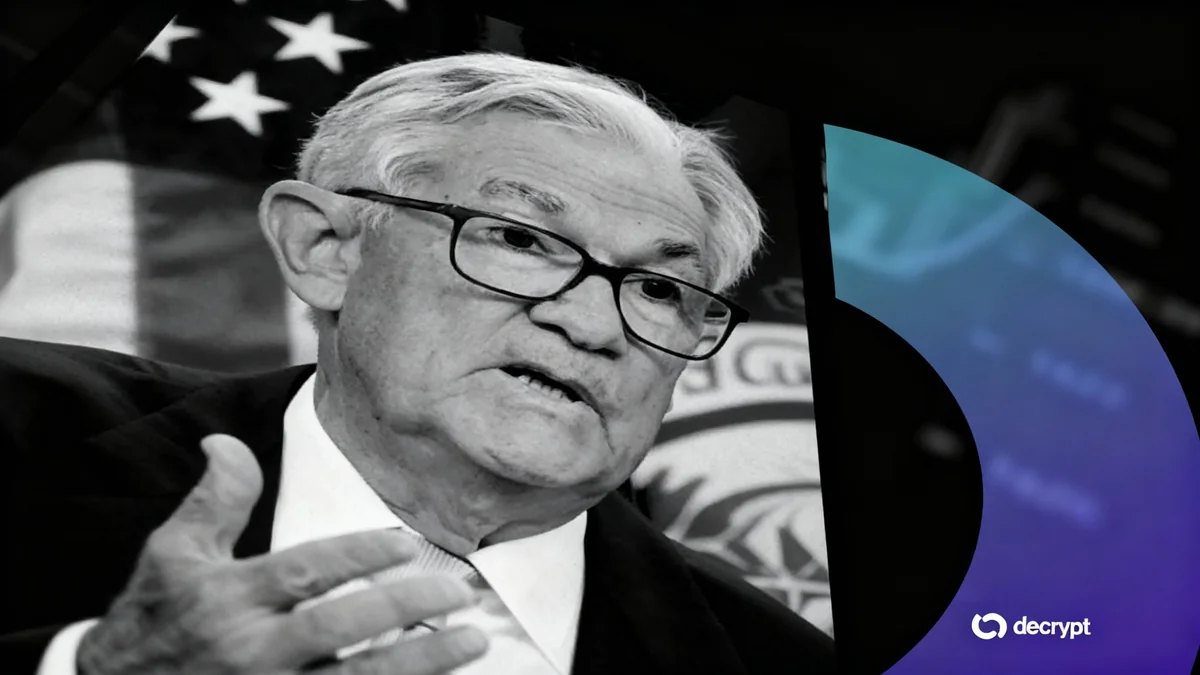Top financial regulators in the United States have proposed a significant shift in market operations, suggesting that traditional financial markets could move to a 24/7 trading schedule. This proposal aims to align the U.S. economy with the continuous nature of the digital asset market, signaling a deeper integration of cryptocurrency concepts into mainstream finance.
The joint statement from the Securities and Exchange Commission (SEC) and the Commodity Futures Trading Commission (CFTC) is part of a broader series of developments indicating a more defined regulatory and corporate approach to the digital asset industry.
Key Takeaways
- The SEC and CFTC have jointly proposed extending traditional financial market hours to 24/7 to match the crypto market.
- SEC Chair Paul Atkins announced plans for an "innovation exemption" for certain digital assets, expected by the end of the year.
- Ripple's long-serving Chief Technology Officer, David Schwartz, is stepping back from his daily role after more than 13 years.
- Wisconsin lawmakers have introduced a bipartisan bill to exempt many crypto activities from state money transmitter licensing.
- An Indonesian university is adopting blockchain technology to store student academic records, showcasing real-world use cases.
Regulators Signal Major Shift in Market Structure
The heads of the SEC and CFTC have initiated discussions on what could be the most substantial change to U.S. market operating hours in decades. SEC Chair Paul Atkins and CFTC Acting Chair Caroline Pham released a joint statement outlining a vision for a "new beginning" in regulatory cooperation, with the 24/7 market proposal as a centerpiece.
The statement suggests that adapting to the non-stop cadence of digital asset trading is essential for the U.S. economy. Currently, traditional stock markets like the NYSE and Nasdaq operate on a fixed schedule, typically from 9:30 a.m. to 4:00 p.m. ET on weekdays, which contrasts sharply with the perpetual trading of cryptocurrencies.
Background: Market Hours and Crypto
Traditional equity and bond markets have historically operated during standard business hours, a structure dating back to a pre-digital era. The rise of global, decentralized cryptocurrency markets, which never close, has introduced a new paradigm. This constant activity presents both opportunities and challenges for regulators accustomed to markets with defined opening and closing bells.
This initiative reflects a growing acknowledgment among regulators that digital assets are a permanent fixture of the financial landscape. By considering a move to continuous trading, the agencies are exploring how to modernize legacy systems to remain competitive and relevant in a global, digitally-native economy.
SEC Pushes Forward with Pro-Innovation Rules
In addition to the market hours proposal, the SEC is actively developing a more defined regulatory framework for digital assets. During an appearance on Fox Business, SEC Chair Paul Atkins confirmed his intention to establish an "innovation exemption" for specific digital assets before the end of the year.
This exemption is a key component of "Project Crypto," an initiative Atkins unveiled in July aimed at providing clearer rules for the industry. The goal is to create a pathway for innovation without compromising investor protection.
"We aim to institute an ‘innovation exemption’ for certain digital assets by year's end," Atkins stated, also announcing plans to complete other crypto-related rulemakings "in the coming months."
This move is seen by many in the industry as a constructive step away from regulation by enforcement. By creating specific exemptions, the SEC could provide the regulatory clarity that many blockchain projects and crypto companies have sought for years, potentially fostering more development within the United States.
State-Level Regulatory Efforts
While federal agencies deliberate, states are also taking action. Wisconsin lawmakers recently introduced Assembly Bill 471, a bipartisan measure that would shield certain crypto activities from money transmitter licensing. This includes accepting crypto payments, running blockchain nodes, and participating in staking.
The proposed Wisconsin bill highlights a trend of states creating their own frameworks to attract crypto businesses, sometimes moving faster than federal counterparts. This comes just months after the state's investment board divested its $300 million stake in Bitcoin ETFs, showing the complex and evolving relationship between state governments and digital assets.
Corporate and Institutional Adoption Continues
As the regulatory environment evolves, the digital asset industry is also experiencing significant internal shifts and expanding real-world applications. These developments underscore the technology's growing maturity beyond speculative trading.
Leadership Change at Ripple
In a notable corporate development, David Schwartz, the Chief Technology Officer at Ripple for over 13 years, announced he will be stepping back from his day-to-day responsibilities. He will transition to the role of CTO Emeritus and remain on the company's board.
In a post on the social media platform X, Schwartz described the decision as a "personal inflection point" after four decades in the technology sector. His tenure at Ripple has been influential in the development of the XRP Ledger and the company's cross-border payment solutions.
Such leadership transitions at major crypto firms are often watched closely, as they can signal strategic shifts or simply the maturation of a company that has moved beyond its startup phase.
Blockchain Enters Higher Education
Demonstrating the practical utility of blockchain technology, one of Indonesia's largest public universities is moving its student records on-chain. Universitas Gadjah Mada (UGM) announced it will use Space and Time, a decentralized database platform, to create immutable academic credentials.
The process involves writing a student's course completion records directly to the blockchain network. This provides students with a permanent, verifiable credential they can easily share with potential employers or other educational institutions at no cost.
Key Facts: On-Chain Credentials
- Immutability: Once a record is written to the blockchain, it cannot be altered or deleted, ensuring the integrity of the academic credential.
- Portability: Students own and control their records, allowing them to share them directly without needing the university to act as an intermediary.
- Efficiency: This system can streamline verification processes for employers and other schools, reducing administrative overhead.
This initiative in Indonesia is a significant example of how blockchain can be applied to solve real-world problems related to data integrity and verification, moving the technology's narrative beyond finance.
The Path Forward for Digital Assets
The collection of recent events—from top-down regulatory proposals to grassroots institutional adoption—paints a picture of an industry at a crossroads. The proposal for 24/7 markets by the SEC and CFTC is perhaps the most telling sign that regulators are no longer treating crypto as a fringe asset class.
Instead, they are adapting core financial infrastructure to compete with and incorporate principles from the digital asset world. Simultaneously, the SEC's planned "innovation exemption" could provide the clear guidelines necessary for the industry to grow responsibly within the U.S.
At the same time, the departure of veteran leaders like David Schwartz and the implementation of practical blockchain solutions in fields like education show an industry that is both maturing internally and expanding its external influence. The coming months will be critical in observing how these proposed regulatory changes take shape and how they impact the continued integration of digital asset technology into the global economy.





